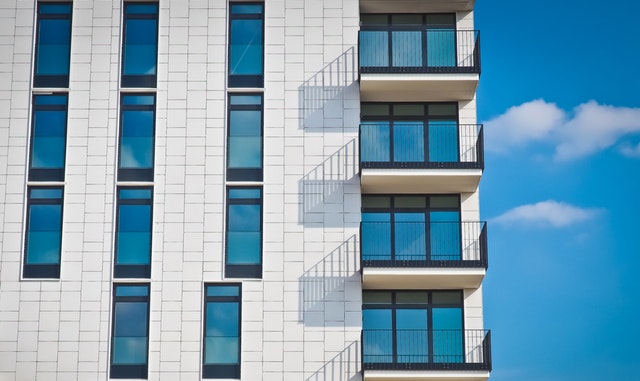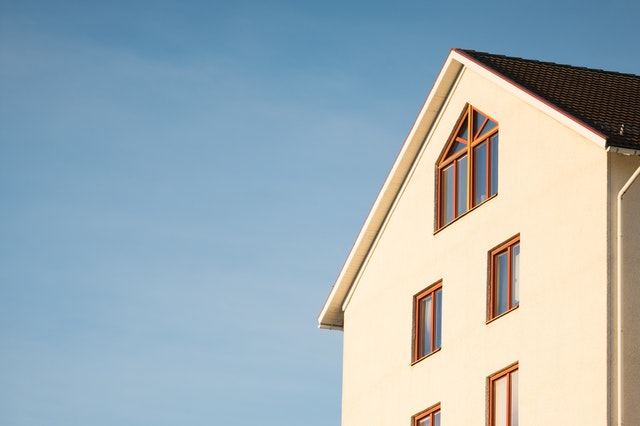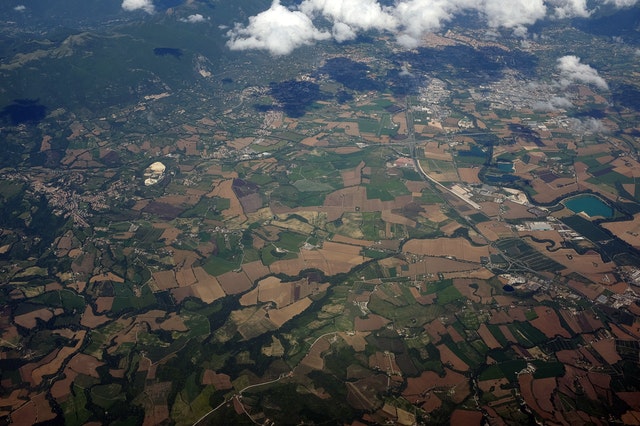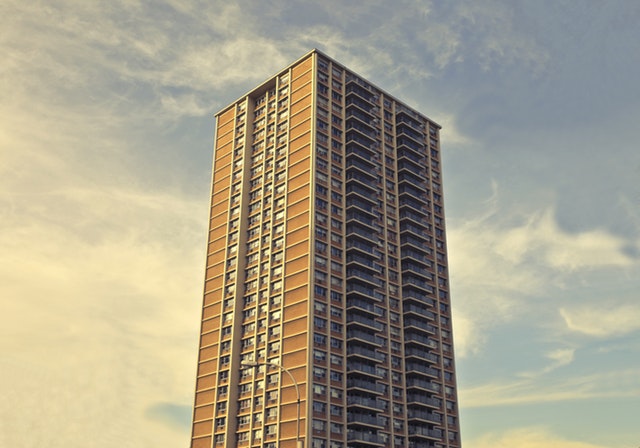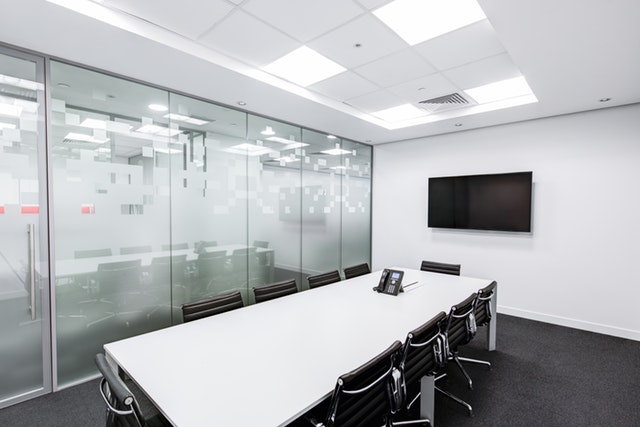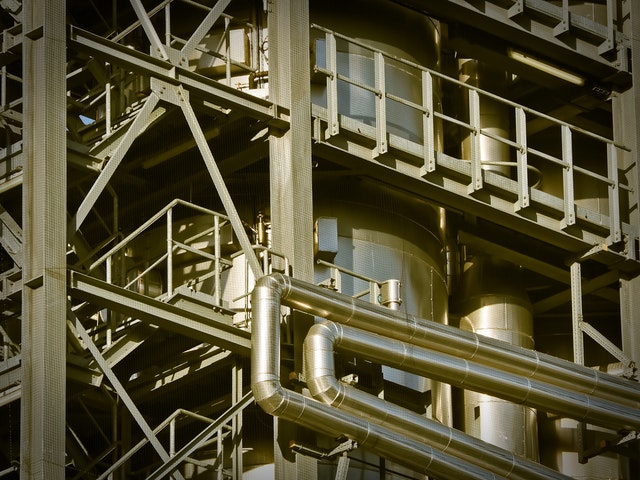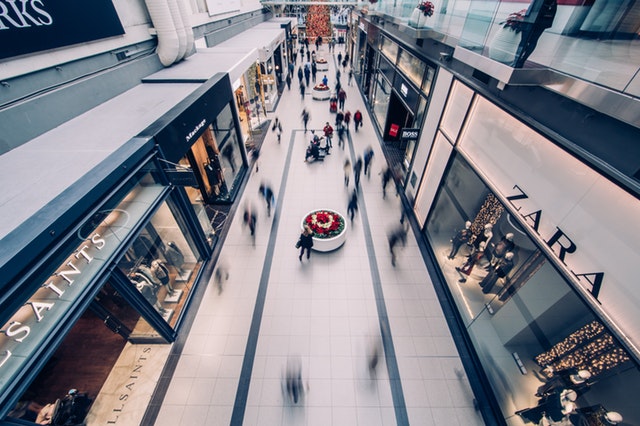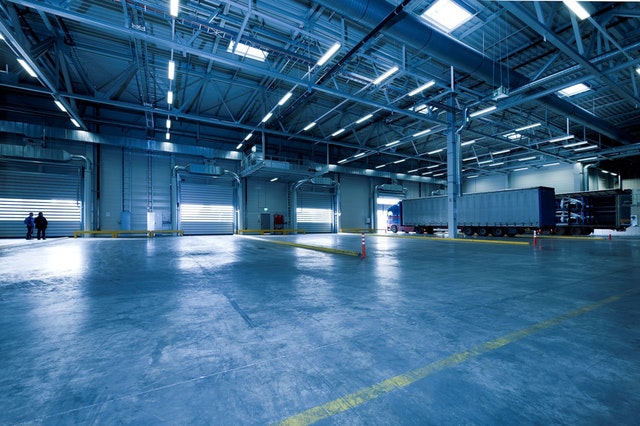It is intended to bring Riga’s historical water towers to life
The Cultural and Historical Material Heritage Commission of the Riga City Council has found a solution for the careful temporary use of the historical water towers on Alīses and Gaujas streets, reviving them and making them available to the public, the Riga City Council informs.
In order to promote proposals for the use of water towers, the municipal company “Rīgas ūdas” has signed a cooperation agreement* with the movement “Free Riga” on the feasibility study, following the suggestion of the commission. “Riga is a European and world-class metropolis of 19th century industrial heritage, whose unique majestic heritage objects are often underestimated. They stand locked and behind fences, the public pays attention to them only when they end their existence in favor of new buildings or slowly crumble together. My colleagues and I were determined to change the situation. And “Free Riga” came just in time,” says Rita Našniece, head of the commission. “The work is in progress and we will return to finding permanent solutions for the water towers.” Currently, the commission encourages the development of a long-term lease or temporary use plan for the water towers on Alice and Gaujas streets. Priorities include accessibility, openness and heritage preservation. The preparation of the plan would be carried out taking into account the feasibility study carried out by “Free Riga”. On the other hand, the two towers of Mazā Matīsa Street could be handed over for expropriation, at the same time potential investors would be set the conditions necessary for the preservation of the material historical heritage and specific deadlines when these conditions must be met. The obtained funds should be invested in the water towers remaining in the property of the municipality. The “Free Riga” feasibility study will include an evaluation of the technical condition, during which the technical survey opinions of the property are collected and evaluated, the minimum repairs to be carried out are determined, taking into account various scenarios of temporary use and activation of the property. Also, during the feasibility study, the development of the concept for the activation of temporary use and the identification of potential partners and initiatives for the activation of the property will be carried out (a survey of potential initiatives and partners, preferably also an open day for viewing the property), as well as the creation of a socio-economic model for the activation and development of the property for temporary use. More than 60 initiative applications have already been submitted for Alīses Street water tower – music recording and synthesizer studios, co-creation space for young people and youth organizations, neighborhood initiative space, story evenings and audio guide, bookstore, climbing wall, experimental archeology classes, art galleries and art therapies room, theater rehearsal and performance room. On the other hand, the study of the Gaujas Street tower is planned in cooperation between “Free Riga” and the Čiekurkalns neighborhood development association.
Read the full article here

